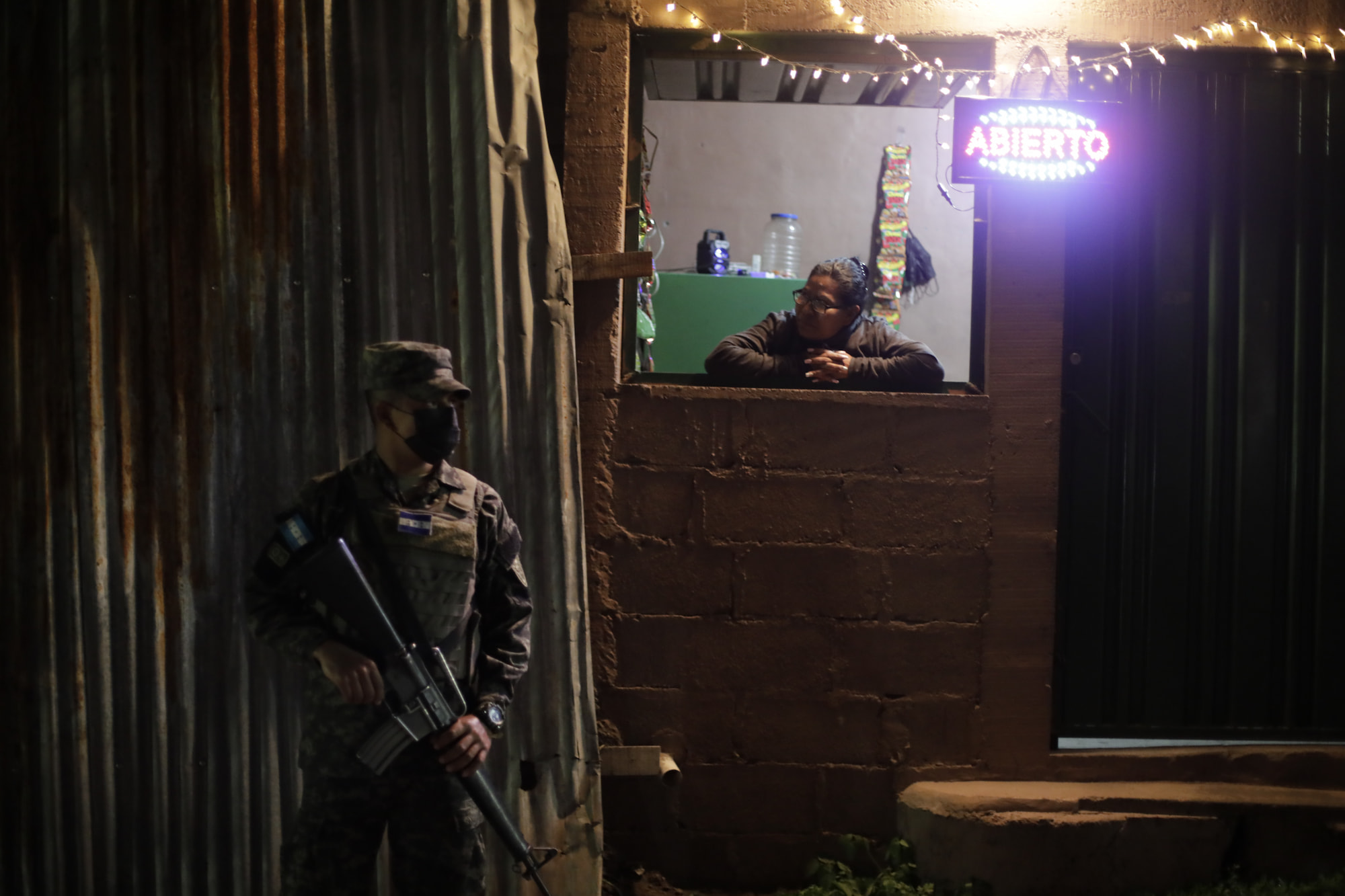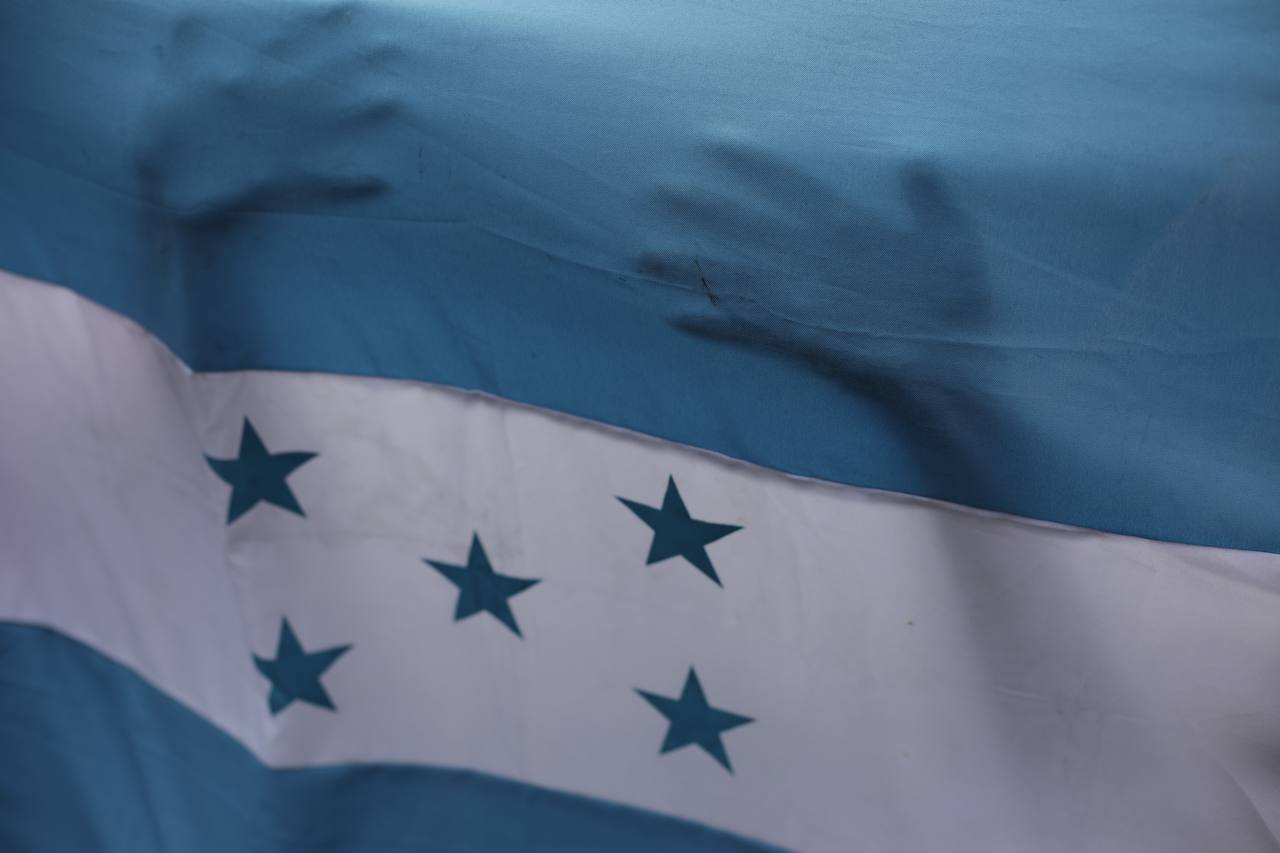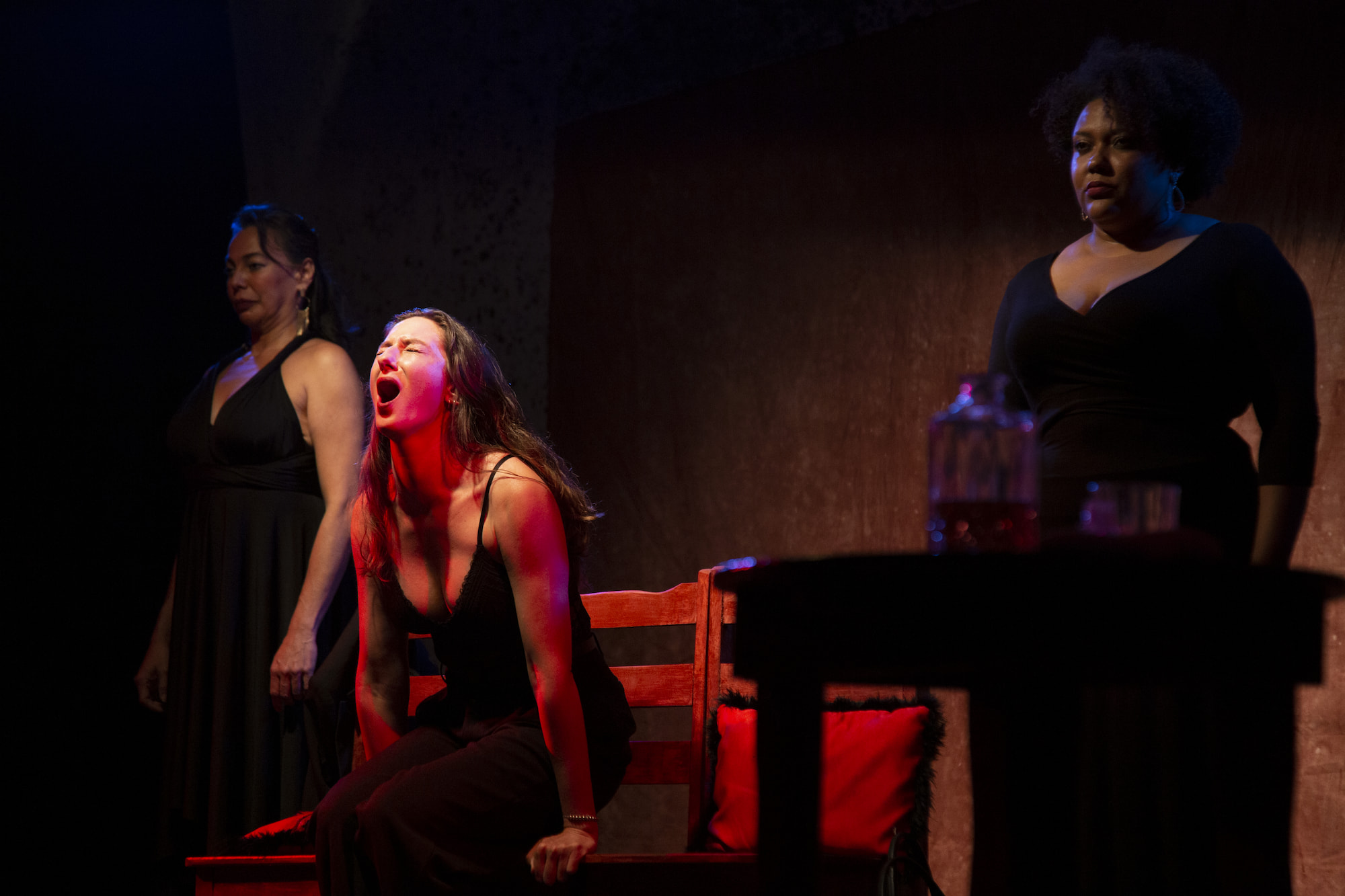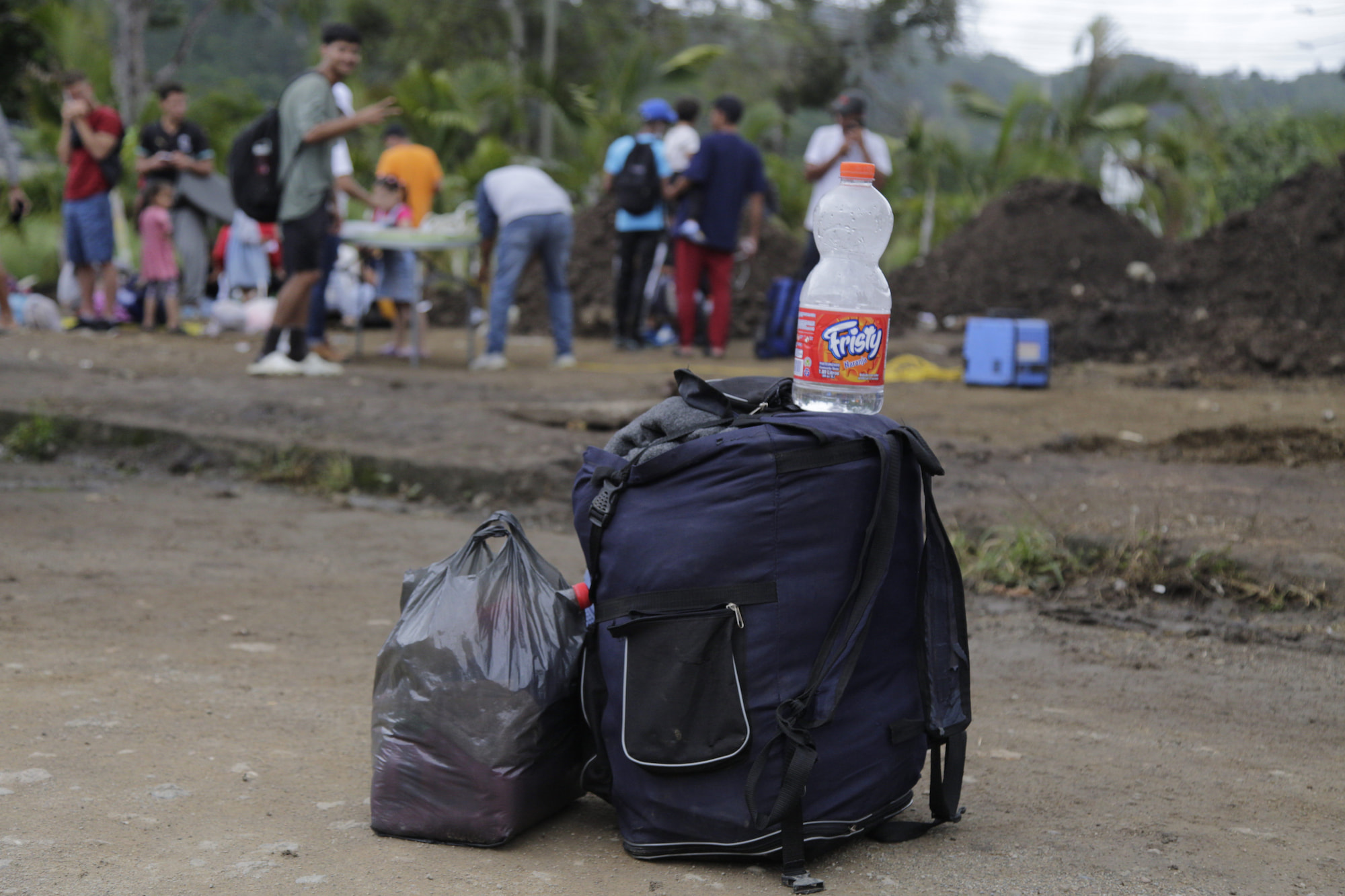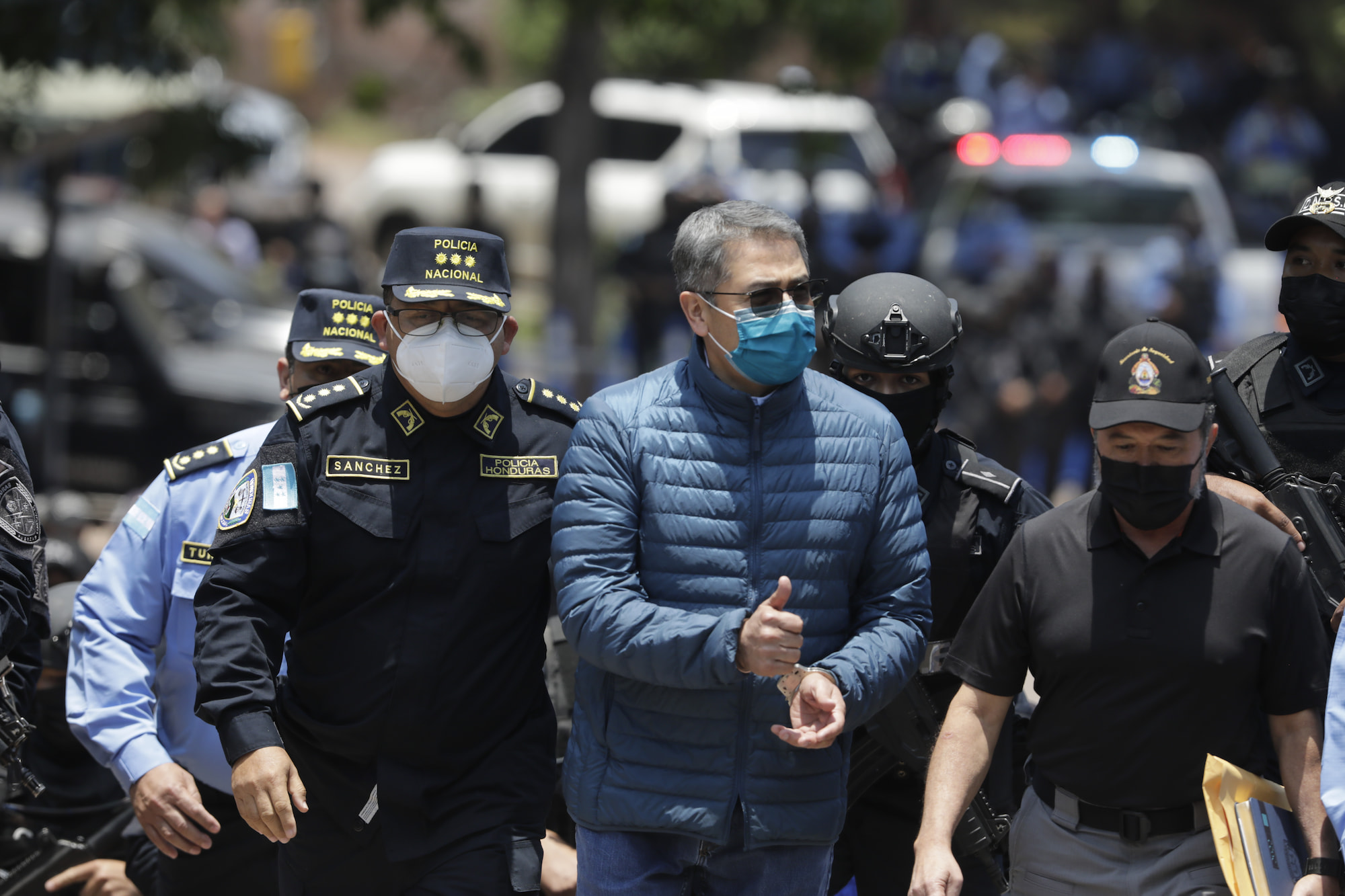The rebuilding of the country in the era of Central American authoritarianism
After a coup d’état and twelve years of autocracy that ended in a “narco-state”, the country has a new government. President Xiomara Castro has focused her speech on the “re-foundation of the State”, led by former President Manuel Zelaya.
But in the streets and in the most forgotten territories, people continue to demand land and rights, women demand an end to machista violence, the most vulnerable population calls for attention to the effects of climate change and extractivism, and social leaders demand justice without judicial harassment.
Hope in the new government is not enough and people are fleeing this remittance-dependent country.
While the region’s authoritarian rulers harmonize in a populist chorus, citizens demand democracy. This exhibition shows Honduras from the inside out.
Photographs – Jorge Cabrerand Fernando Destephen
Text – Jennifer Ávila
Curator- Catherine Calderón and Jennifer Ávila
Editing – Adriana Malespin and Kimberly Carrillo
Web editing: Sandre Ruiz
Translation: Jorge Paz Reyes
The Military Police of Public Order (Policia Militar del Orden Publico- PMOP) carries out saturation actions in neighborhoods with a high incidence of violence in Tegucigalpa. One of the promises of Xiomara Castro’s new government was to demilitarize public security in order to overcome the militaristic legacy of her predecessor, Juan Orlando Hernández. However, Castro and Defense Minister Jose Manuel Zelaya – nephew of her husband and former president – determined to “re-profile” the PMOP to address the country’s violent situation. While reducing homicides has become a fundamental task of the new government, the security and defense forces continue to be singled out for human rights violations and links to criminal networks. Photo: June 15, 2022, Tegucigalpa, Honduras. Jorge Cabrera/Contracorriente
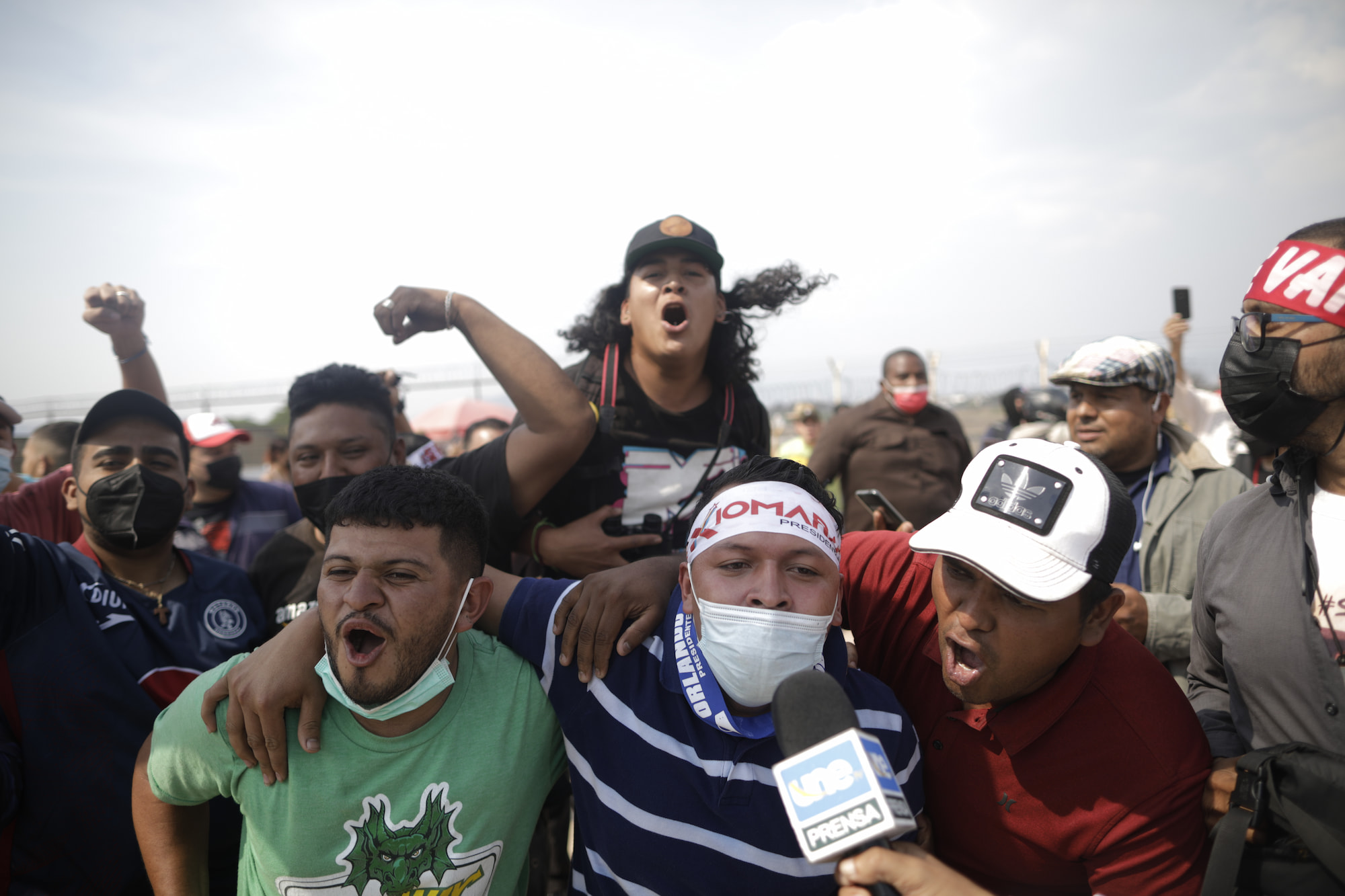
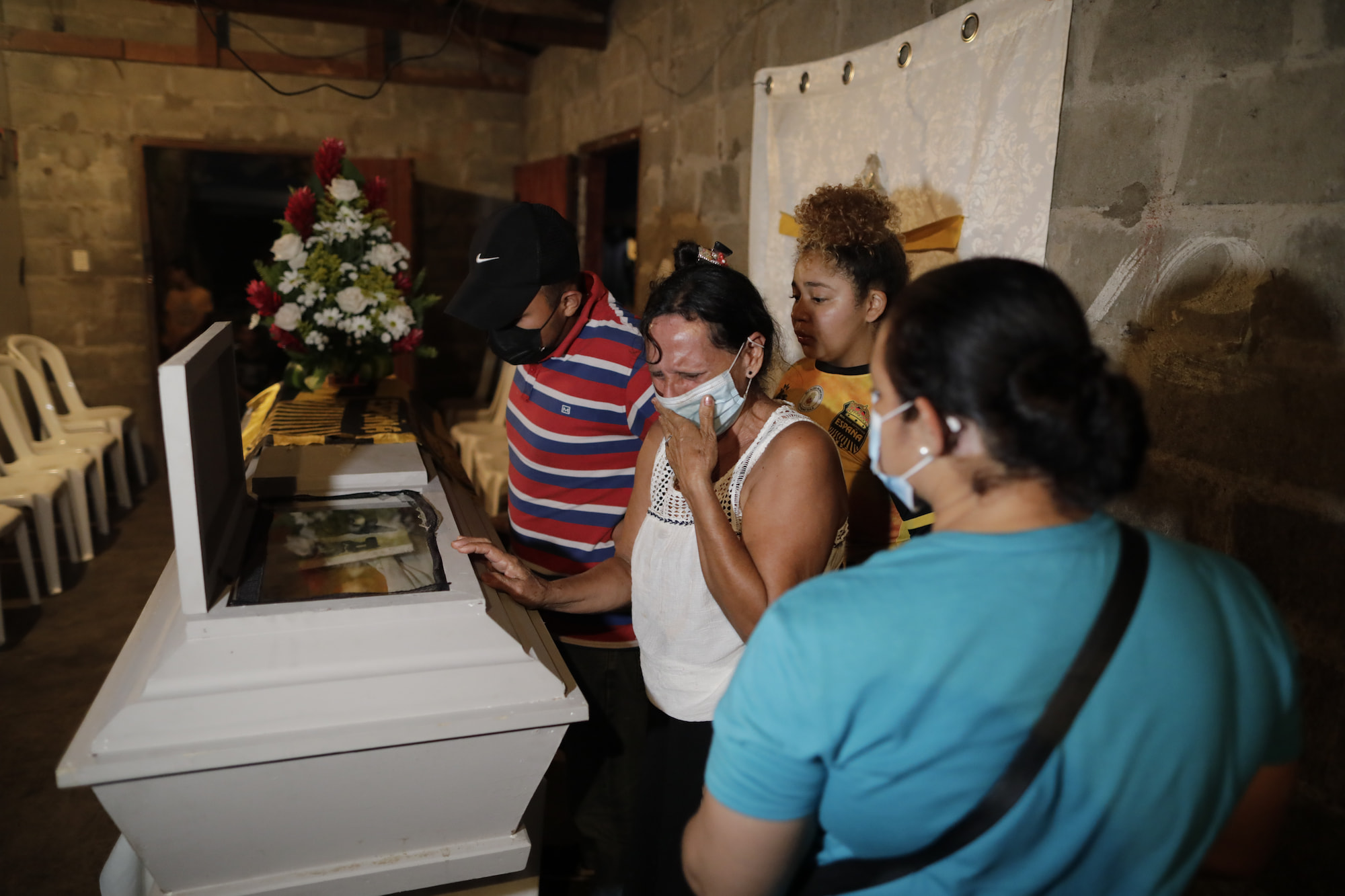
A young man carries a tool to harvest African palm at Finca El Tumbador II in Trujillo, Colón. Honduras is a country of conflicts, but perhaps the longest and most persistent of all is the agrarian conflict. In Bajo Aguán, located in one of the most fertile and productive valleys in the country, a group of young people do not want to migrate, they want to take root in this place as their parents once tried to do. With the new government, which has promised “the re-foundation” of the State, the young people see an opportunity, and after taking land owned by large corporations, they have made a truce with the government to avoid repression. However, they face the large African palm industry that, for them, is a Goliath, a struggle that for decades has filled the land in Bajo Aguán with blood. Photo: July 28, 2022, Colón, Honduras. Jorge Cabrera/Contracorriente.
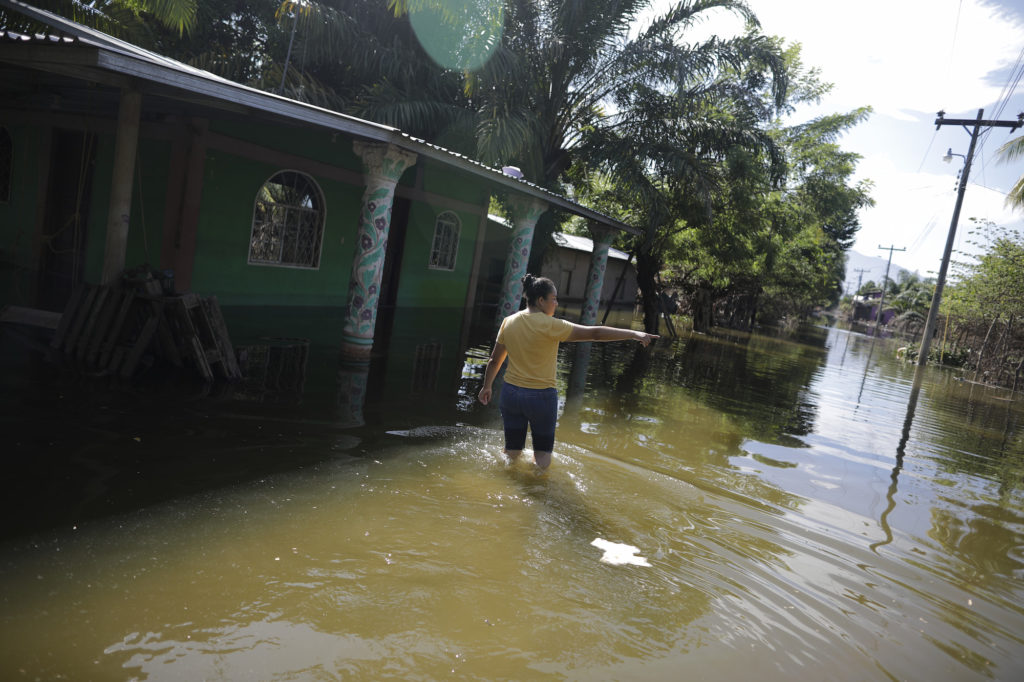
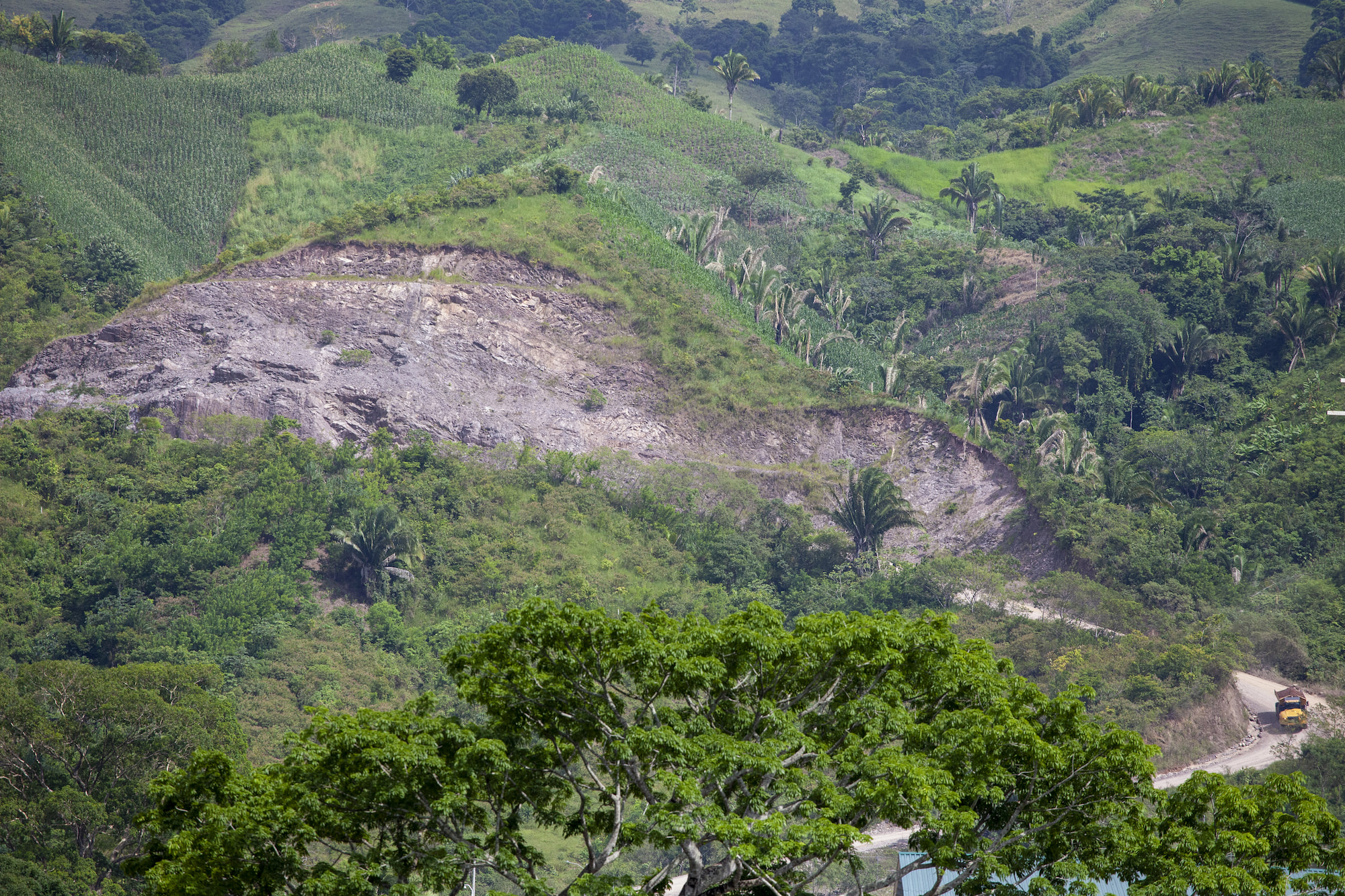
Employees protest in front of Hondutel’s facilities on Central America Boulevard demanding their owed payments and the resignation of the current manager. Xiomara Castro became president of Honduras with the promise of guaranteeing the protection and full enjoyment of citizens’ rights, including the right to employment. However, after nine months in office, hundreds of complaints of labor abuses and irregular dismissals have accumulated in various state secretariats – including from activists of her own party, Libertad y Refundación (Libre) – in addition to deception and labor harassment for political and ideological biases. Photo: August 22, 2022, Tegucigalpa, Honduras. Jorge Cabrera / Contracorriente
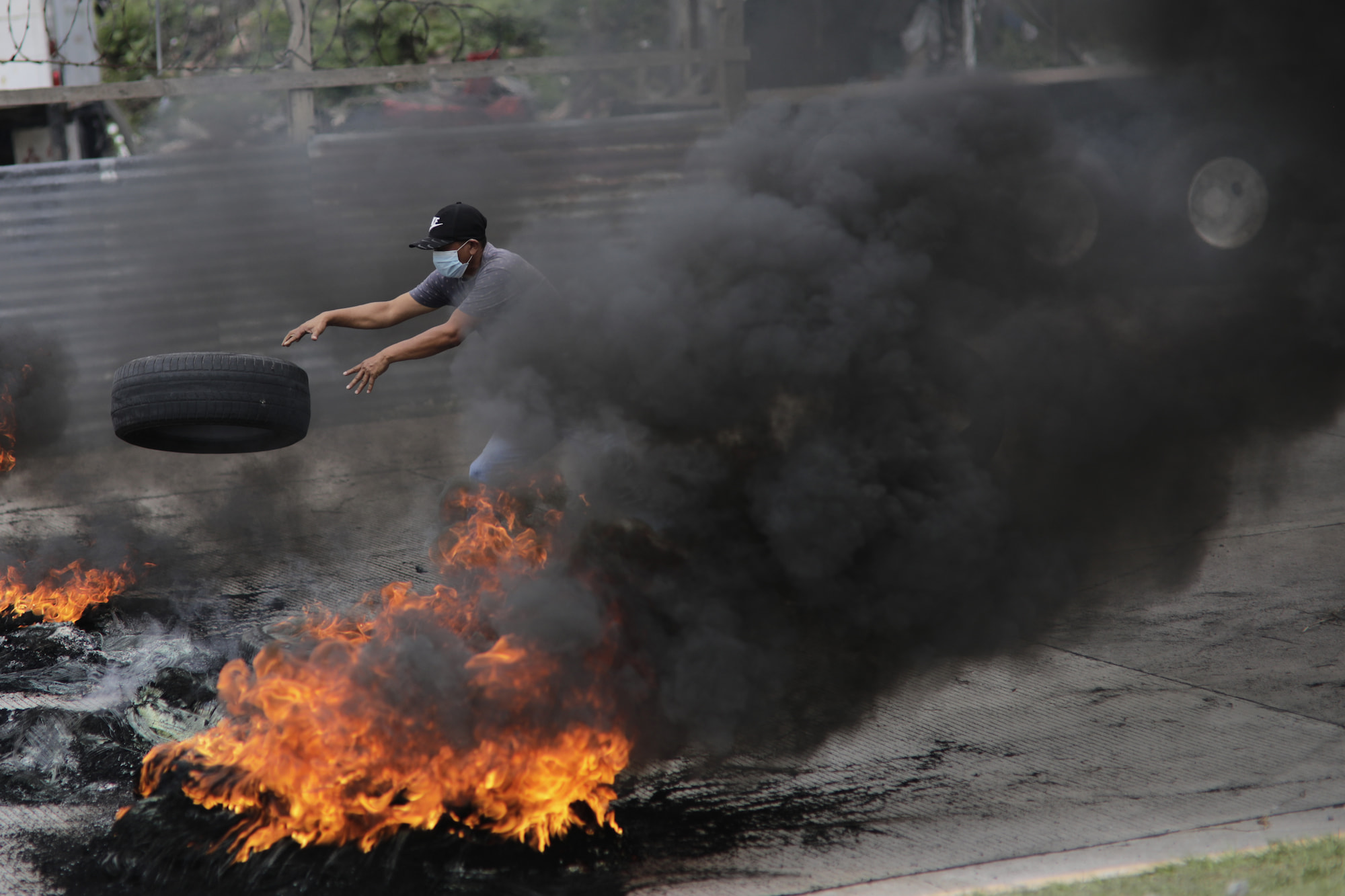
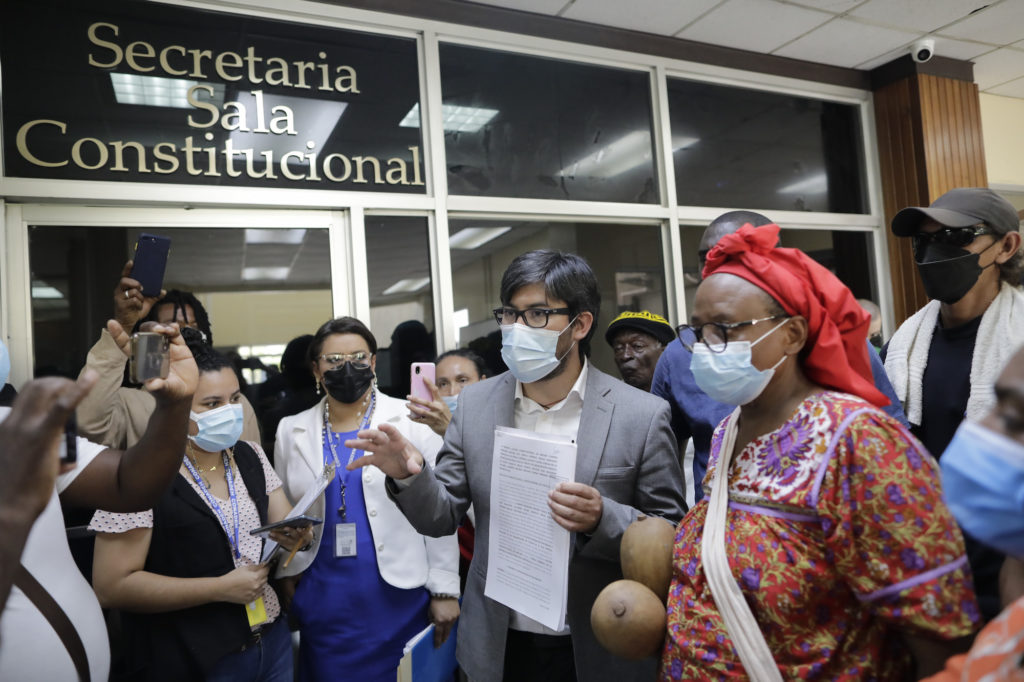
Inma López, an actress of Teatro Memorias, performs a scene from the play Monólogos de la Vagina in Tegucigalpa. Eleven years after its first presentation in Tegucigalpa, a city that is recognized as “conservative”, the play fills the seats of this theater house and its audience experiences the “morbidity” of attending a play that has the word vagina in its name. The woman, the man, all the attendees learn to love her, to understand the woman’s pleasure and to respect her decision. They also learn to remain silent and to reflect on the atrocities that have been committed against them. After the nervous laughter or the spontaneous guffaw, there is the silence that reminds us that there is still a long way to go. Photo: September 8, 2022. Tegucigalpa, Honduras Fernando Destephen/Contra Cultura.
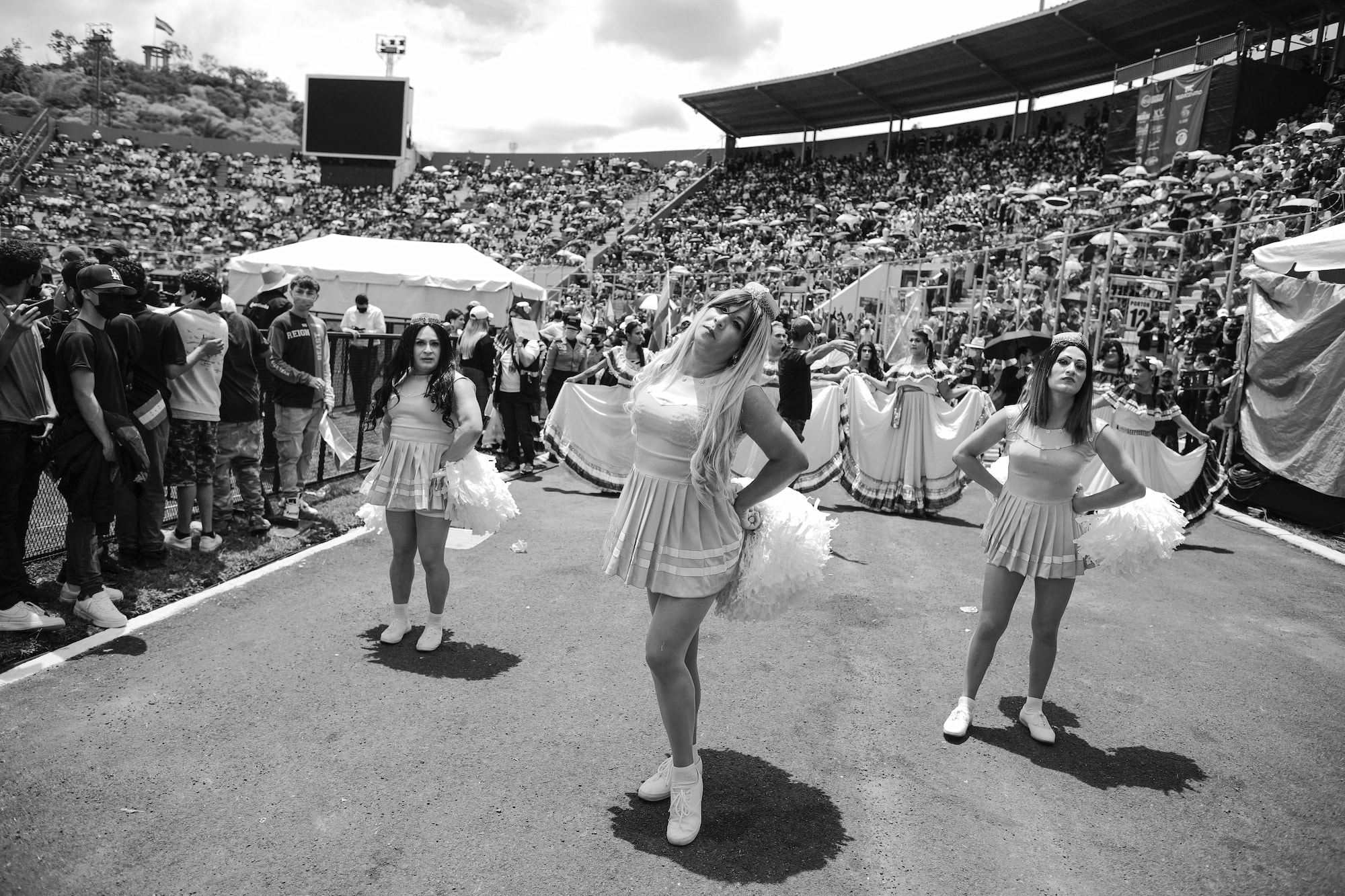
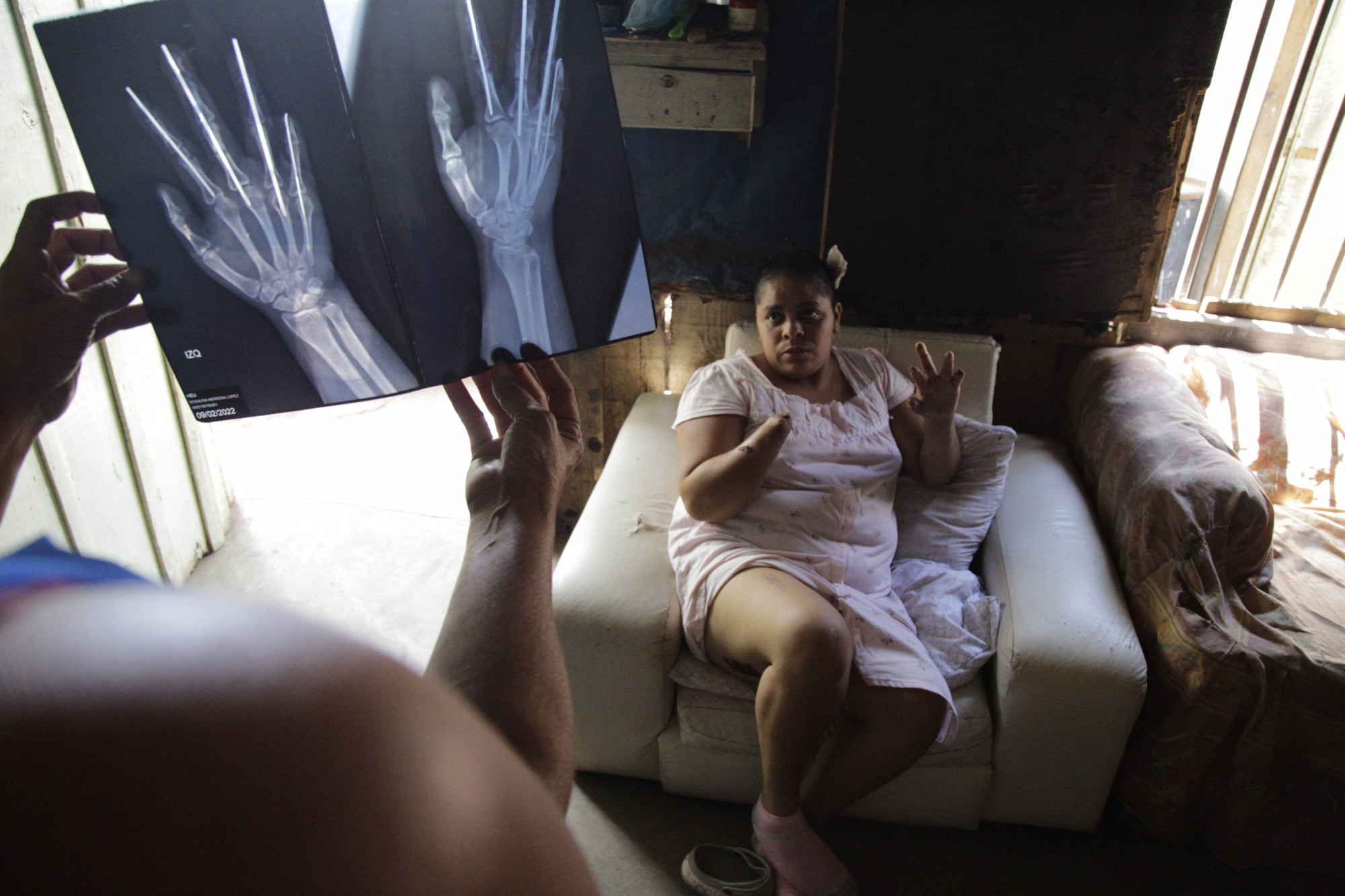
Clothes, water and food are all that Venezuelan migrants carry in their backpacks as they irregularly enter the Trojes border in eastern Honduras every day to continue their journey to the United States. On their way through Central America, these migrants suffer excessive charges for immigration paperwork, transportation and food. According to the National Migration Institute, from January to September 2022, 109,505 irregular migrants passed through Honduras. Thousands of them have remained in the national territory working or asking for money to continue their journey. Photo: July 14, 2022, Trojes, Honduras. Fernando Destephen/Contracorriente.
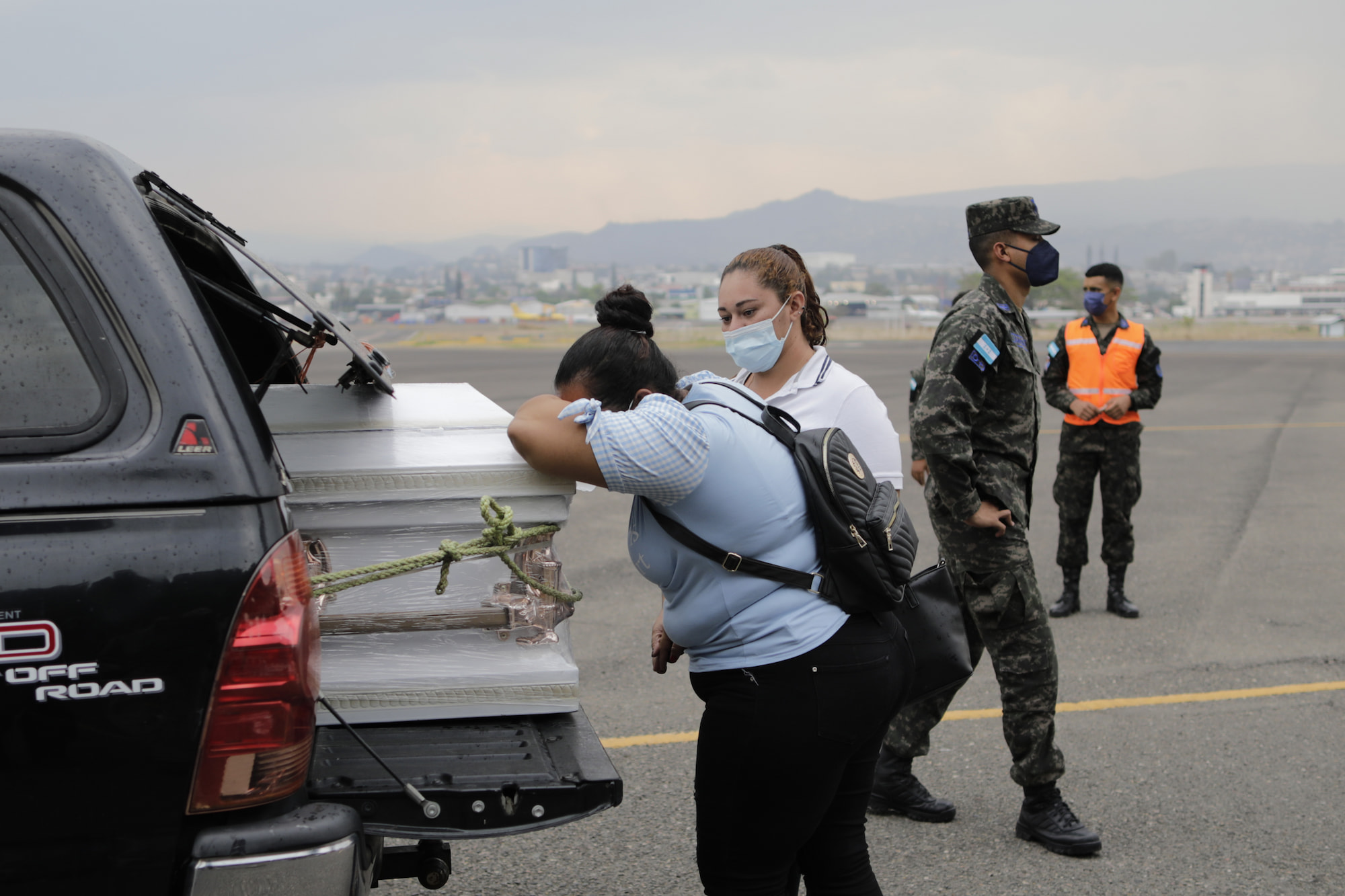
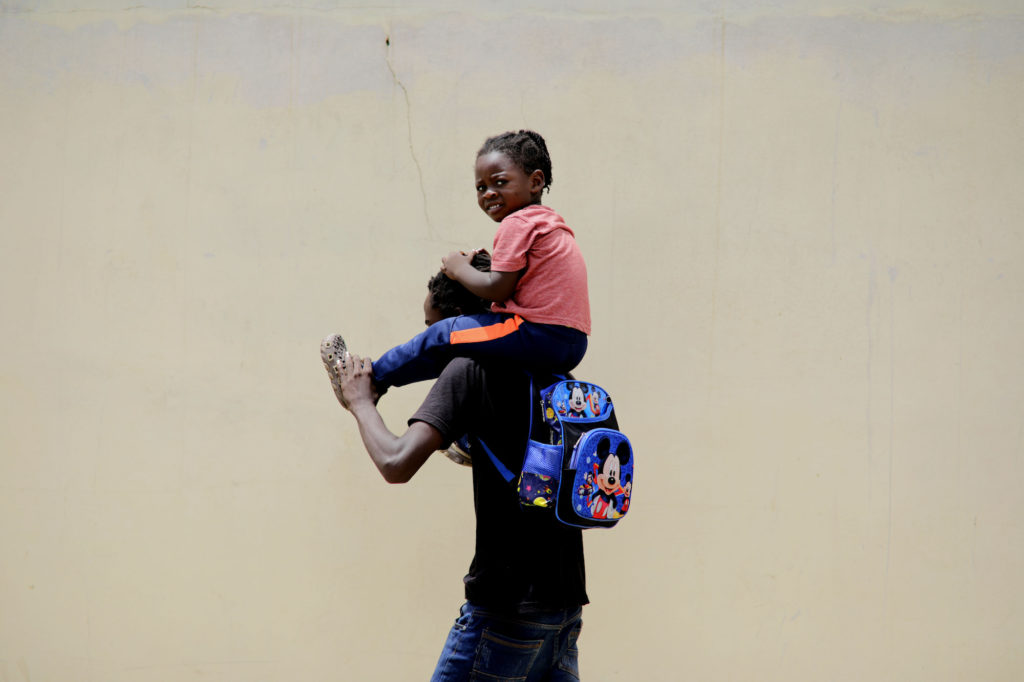
Following the extradition of former President Juan Orlando Hernández to the United States, the Southern District Court of New York published the indictment <<United States of America vs. Juan Orlando Hernández a.k.a. “JOH”>>, which details that, in addition to participating in drug trafficking activities and possessing firearms, the former president also received bribes from Mexican drug trafficker Joaquín “El Chapo” Gúzman, committed fraud in the 2013 and 2017 elections, and obtained the support of other former presidents to carry out drug trafficking activities in Honduras. Photo: April 21, 2022, Tegucigalpa, Honduras. Jorge Cabrera/Contracorriente
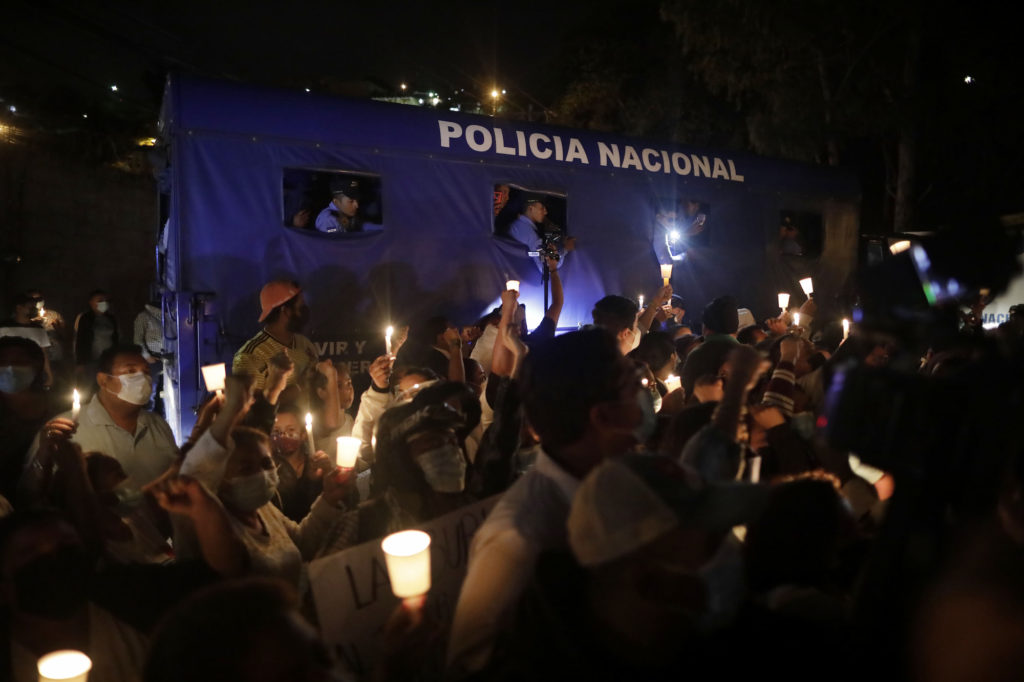
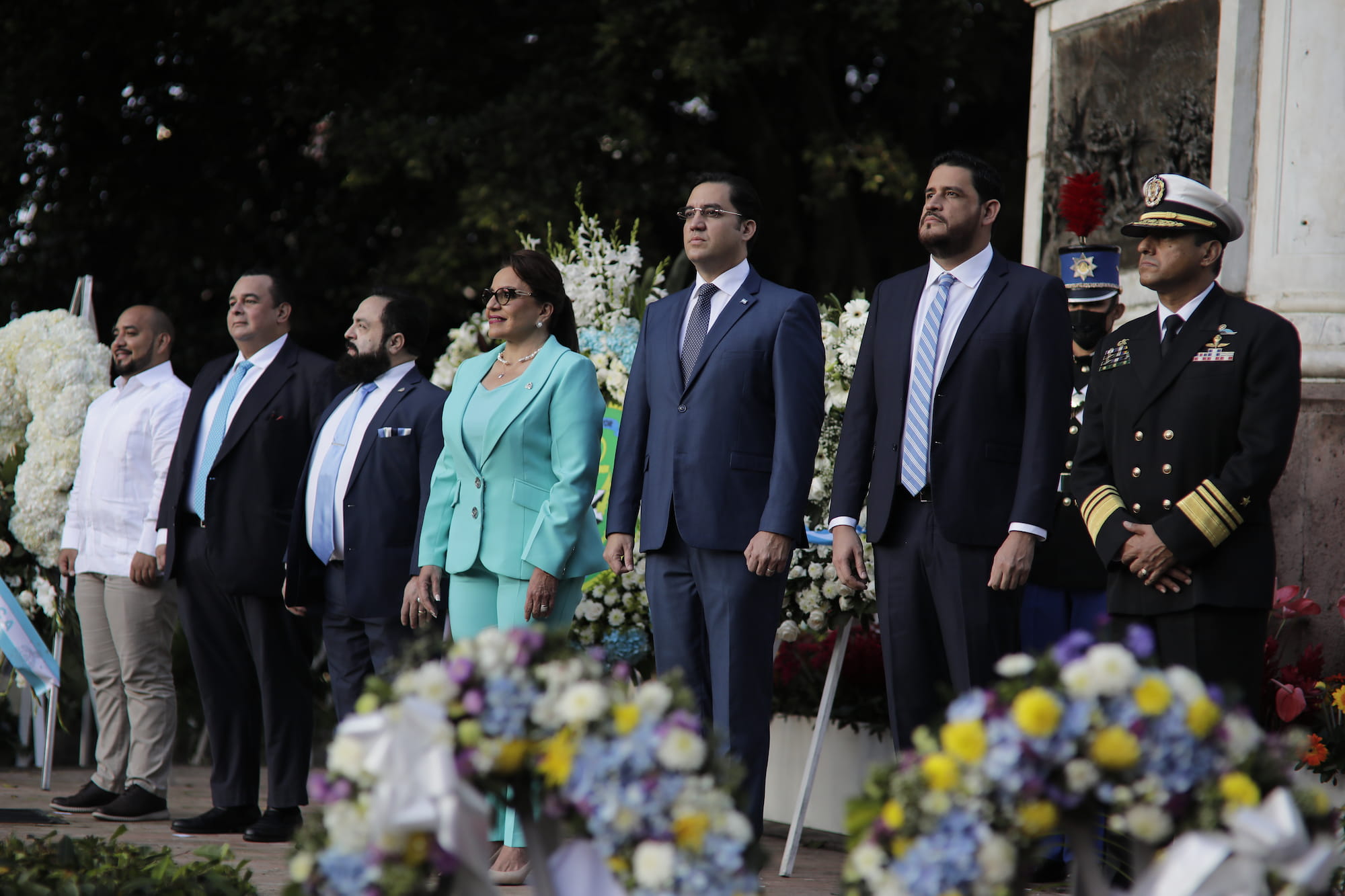
Contracorriente celebrates five years of telling the story of Honduras and betting on in-depth journalism that breaks down borders and becomes a tool for citizenship and the construction of democracy.
Would you like to know what happens in Honduras weekly? Join our newsletter- El Boletin
This exhibition is possible through the support of


